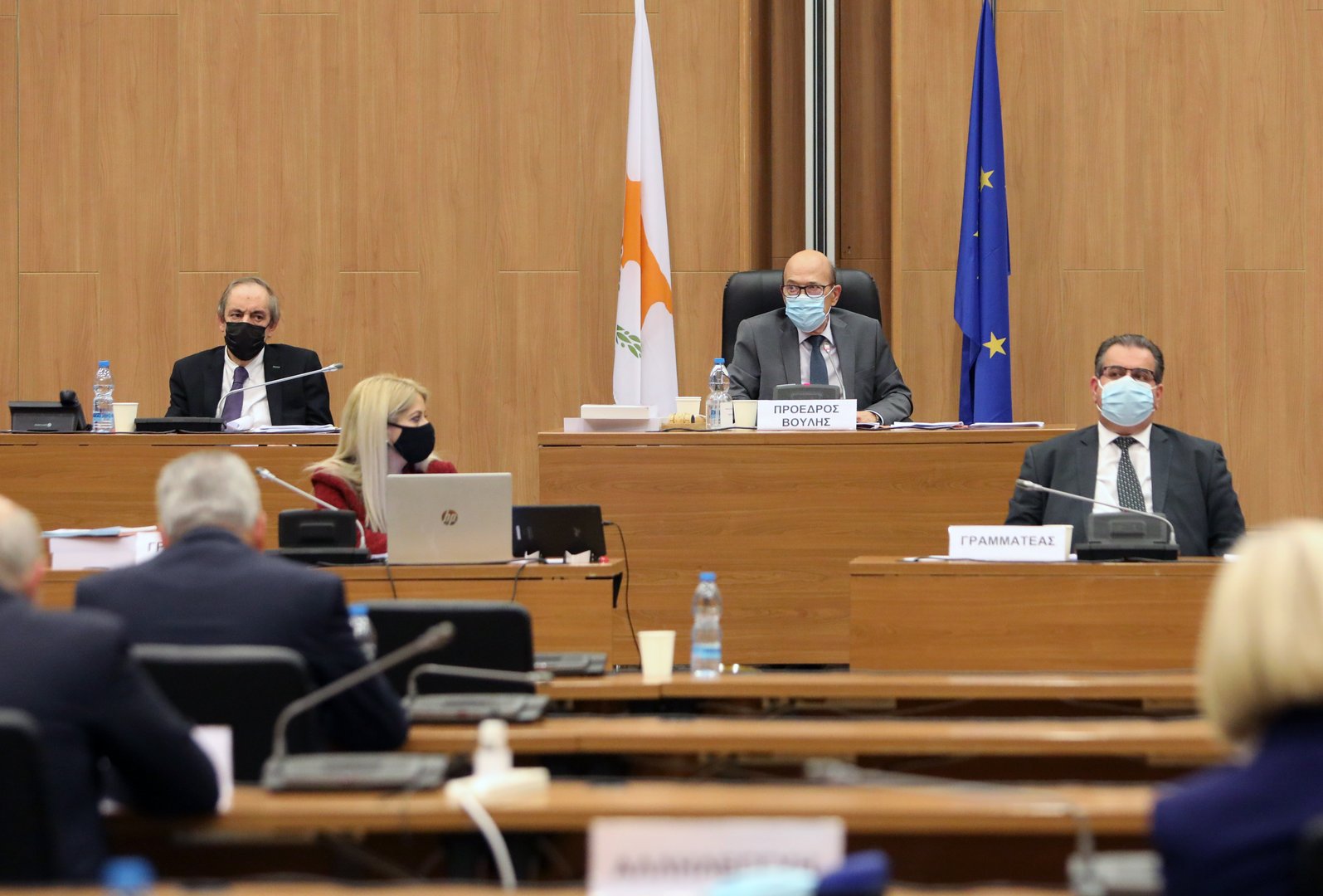The House of Representatives on Thursday passed a code of ethics for its members, providing for the naming and shaming of violators but no tangible sanctions otherwise.
The bill passed by 32 votes in favor, with one MP abstaining.
The new law provides for the establishment of an ethics committee overseeing the code’s enforcement.
According to Disy MP, Zaharias Zahariou, this committee will hand out “political penalties” to wayward legislators.
Every September the special committee will present to the House plenum an overview of its work for the preceding year.
The punishment for MPs breaking the code will range from a verbal or written reprimand, to censure for unethical conduct, or being required to issue an apology before their peers on the House floor.
All penalties will be published on the parliament’s website.
“The ultimate judge will be the voter, who does not want to support a member of parliament behaving unethically,” Zahariou said.
The code of ethics seeks to introduce transparency in legislators’ activities, including rules on accepting gifts and paid trips abroad.
It provides for the maximum value of a gift to be €150 per person, without however, a limit on the number of times they can accept it. Any amount beyond that must be reported to the ethics committee.
And under an amendment proposed by Disy, Akel and Diko, any MP may travel overseas where the trip is paid for in part or in full, provided he or she has previously sought and secured permission from the ethics committee.
In his own remarks, Akel’s Aristos Damianou said it has taken 60 years for the Cypriot parliament to acquire a code governing the conduct of its members.
“Often, either unwittingly or not, we deputies damage the reputation of parliament at a time when public contempt has peaked,” he said.
The code of ethics was one of the recommendations of the Council of Europe’s Group of States against Corruption (Greco), which Cyprus had not implemented.
In its second compliance report on Cyprus published on November 17, Greco said full implementation of recommendations has become “all the more pressing” given recent “serious allegations of undue influence of third parties over some MPs.”
It was a reference to allegations concerning the sale of passports through Cyprus’ citizenship by investment programme.
Of the 16 recommendations made by Greco in 2016 to Cyprus, seven have been fully implemented, six remain partly implemented and three have not been implemented, according to the compliance report.







Click here to change your cookie preferences